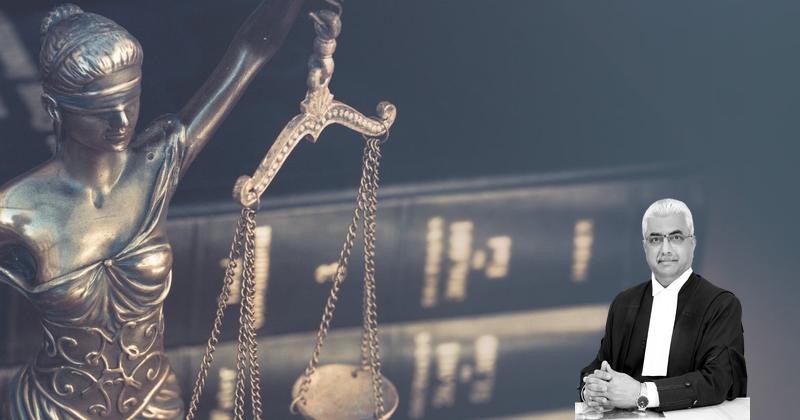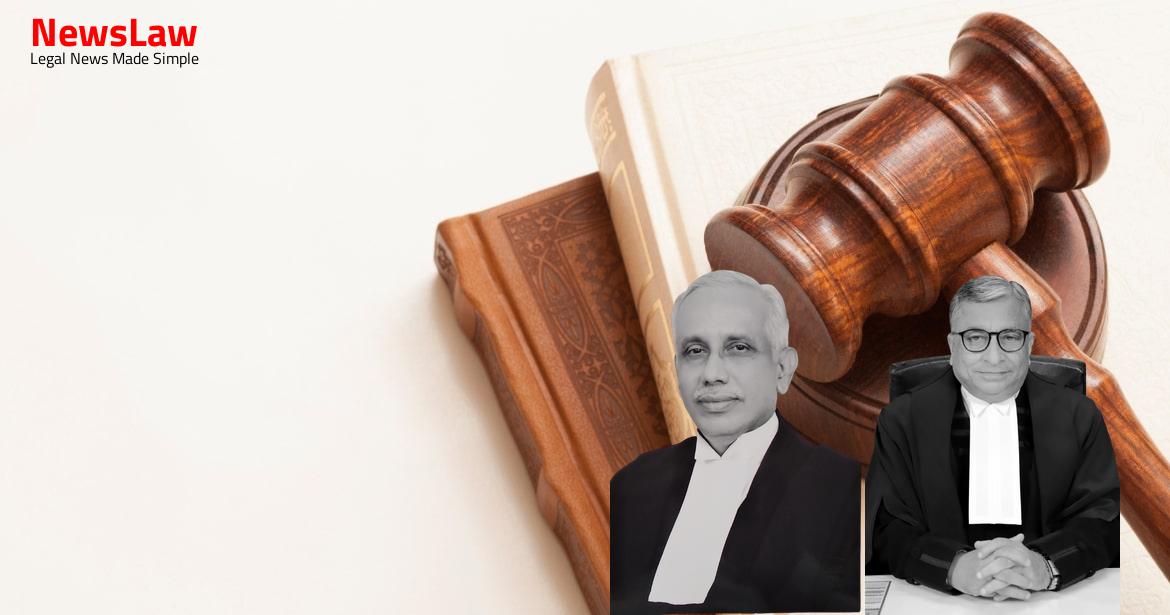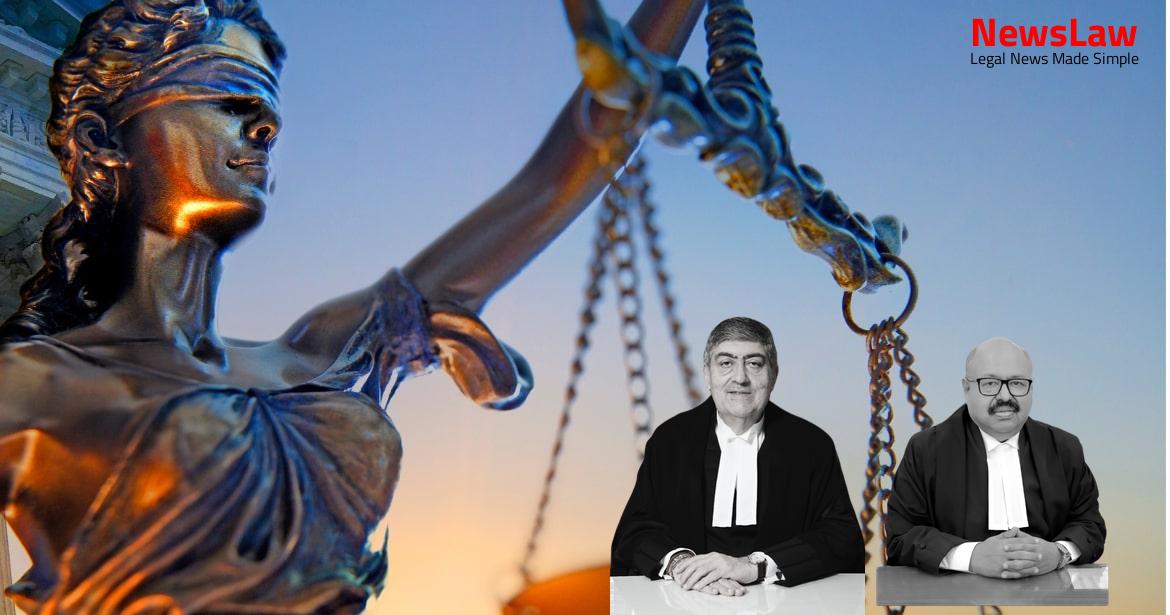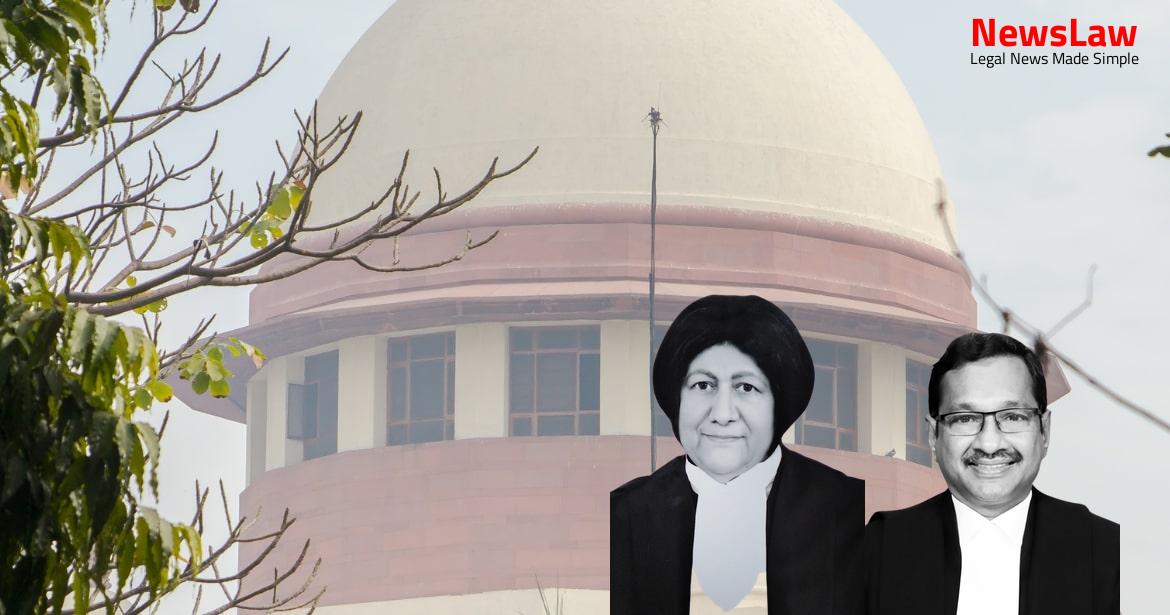Thereafter, all the accused, namely Raju, son of Krishan (A2), Krishan, Parveen (A3), Sunder- son of Amit (A4), Sunder-son of Rajpal (A8), Nar Singh (A-7), Sandeep (A-5) and others reached the spot, with weapons.
Also Read: https://newslaw.in/supreme-court/legal-analysis-of-claim-for-loss-of-profit-in-delayed-contract/
Raju inflicted blow on the right shoulder of Sita Ram (PW1).
Krishan inflicted a blow at the back of 2 Sita Ram with an iron pipe and Brahmjit inflicted a farsa blow on the right of Sita Ram’s head.
On the statement of PW1-Sita Ram, the prosecution moved an application under section 319 of the Criminal Procedure Code (hereafter “Cr.P.C.”) for summoning an additional accused, namely Sunder.
The trial court held that the prosecution’s inability to explain the injuries on the accused did not absolve them of their role in the attack and causing the death of Subhash, because the evidence relied on was credible. The trial court convicted all the accused as charged and sentenced them to rigorous imprisonment for life under Section 302 r/w Section 149 IPC and one- year’s rigorous imprisonment under Section 148 IPC; six months rigorous imprisonment for the offence under Section 323 read with Section 149 IPC. During the hearing, this court indicated that these appeals would be confined to the extent of appropriateness of sentences undergone by different accused persons for causing the same offence. At one end of the spectrum, one of the accused (Sundar s/o Rajpal) suffered incarceration for a little over 11 months, whereas Krishan had undergone 09 years, 05 months and 04 days. The appellant informants urged that this court should adopt a somewhat uniform sentencing standard when the role of each accused was practically indistinguishable.
State of Gujarat, it was held that the sentence should “deter the criminal from achieving the avowed object to (sic break the) law,” and the endeavour should be to impose an “appropriate sentence.” The court also held that imposing “meagre sentences” “merely on account of lapse of time” would be counterproductive. State of Karnataka, the court stressed that it “is the duty of the court to see that appropriate sentence is imposed regard being had to the commission of the crime and its impact on the social order” and that sentencing includes “adequate punishment”.
Proceeding further, it opined that: – “…
The court in fixing the punishment for any particular crime should take into consideration the nature of the offence, the circumstances in which it was committed, the degree of deliberation shown by the offender.
As noted earlier, all the accused were found concurrently guilty under Section 148 IPC; they were armed with different kinds of implements and weapons, that were capable of inflicting deadly injuries.
If it were assumed that the age of the accused played a role, then Krishan, at 61 years- who served 9 years and Brahmajit, who had served in the army, and was detained for over 8 years got the stiffest sentence. This court is, therefore, of the view that given the totality of circumstances (which includes the fact that the accused have been at large for the past four years), the appropriate sentence would be five years rigorous imprisonment. No costs.
Case Title: UGGARSAIN Vs. THE STATE OF HARYANA (2023 INSC 587)
Case Number: Crl.A. No.-001378-001379 / 2023



